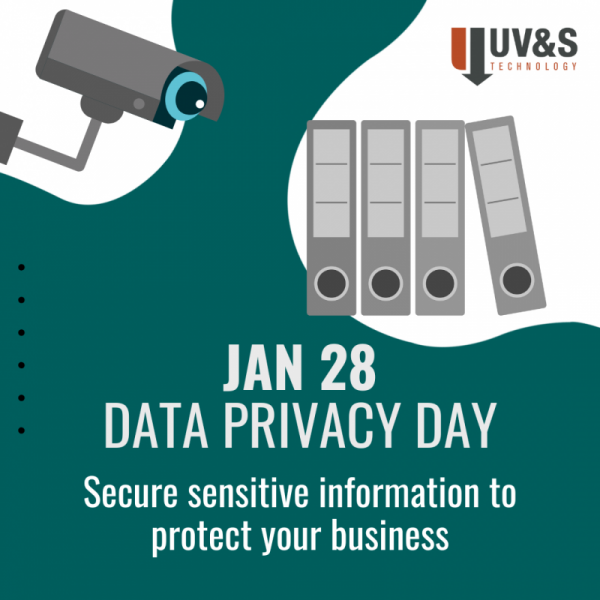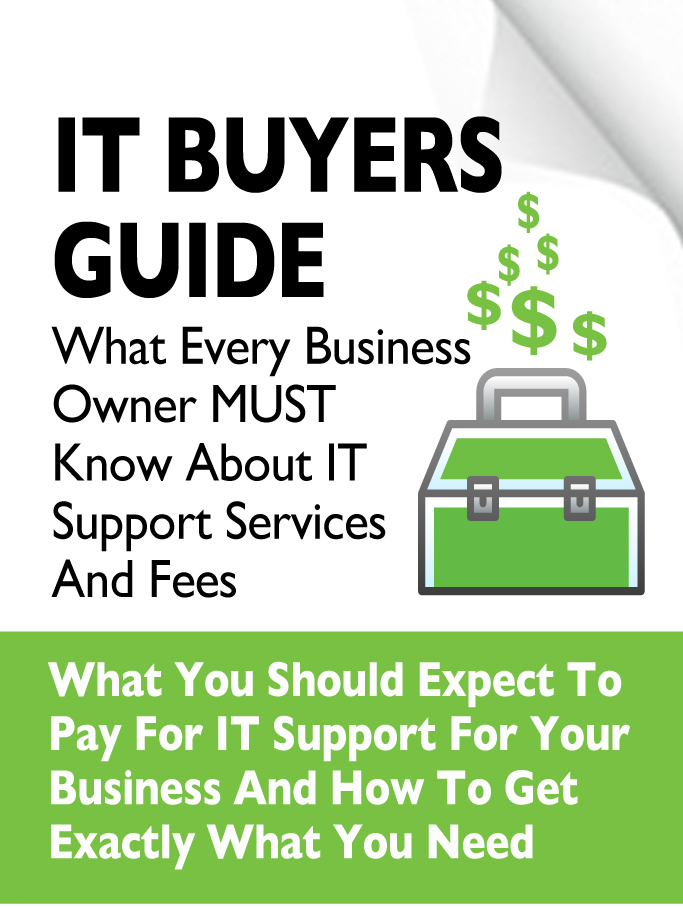
How To Protect Your Business From Costly Data Breaches
January 28 is Data Privacy Day—a global reminder of how critical it is to secure sensitive information. For business owners, "data privacy" isn’t just a buzzword; it’s a vital part of protecting your reputation and bottom line.
In 2023, data breaches cost businesses an average of $4.35 million, according to IBM’s Cost of a Data Breach report. That number is only rising. The good news? With the right precautions, you can reduce your risk and avoid becoming another statistic.
Why SMBs Need to Consider How They Are Protecting Data
It’s a common misconception that small and midsized businesses (SMBs) aren’t targets for cybercriminals. The reality is, nearly 43% of cyberattacks target small businesses, many of which lack the resources to recover from a breach.
The consequences of a data breach can be devastating:
- Financial Losses: Costs include ransom payments, fines, and legal fees.
- Reputational Damage: Losing customer trust can mean losing future business.
- Operational Disruption: Downtime caused by breaches can grind operations to a halt.
What Data Are Cybercriminals After?
Hackers are relentless, targeting:
- Customer Information: Credit card numbers, login credentials, and personal details.
- Employee Records: Social Security numbers, health records, and payroll data.
- Business Financials: Bank details, invoices, and trade secrets.
If it’s valuable, they’ll exploit it.
Common Ways Data Is Stolen
Cybercriminals use various methods to access your data, including:
- Phishing: Fooling employees into revealing sensitive information via fake emails or links.
- Ransomware Attacks: Locking you out of critical systems until a ransom is paid.
- Weak Passwords: Exploiting easily guessed or reused passwords.
- Unsecured Networks: Intercepting data over public Wi-Fi or poorly protected systems.
Taking proactive measures to safeguard your data is essential.
How To Strengthen Your Data Privacy
1. Know Your Data
Start with a data inventory to identify:
- Customer information
- Employee records
- Sensitive financial data
- Who has access to what information
Quick Tip: Only collect and store what you truly need—less data means less risk.
2. Encrypt Everything
Encryption scrambles sensitive data, making it useless to hackers without the decryption key. Use encryption for everything from emails to stored files.
Pro Tip: Apply encryption to data both in transit and at rest for maximum security.
3. Implement Strong Access Controls
Not every employee needs access to all your data. Follow the principle of least privilege (PoLP) to ensure employees only access what’s necessary for their role.
Example: Your marketing team doesn’t need access to payroll data
4. Train Your Team
Human error is a top cause of data breaches. Regular training can empower employees to:
- Recognize phishing attempts
- Safeguard devices in public spaces
- Report suspicious activity immediately
Statistic: 88% of data breaches are caused by employee mistakes (Stanford University research).
5. Partner With A Trusted IT Provider
Managing data privacy is complex, but you don’t have to do it alone. A trusted IT provider can:
- Perform regular security audits
- Monitor systems for vulnerabilities
- Respond swiftly to threats
Data breaches don’t just cost money—they can cost your reputation or even your business. This Data Privacy Day, take a moment to assess your current security practices and make improvements where needed.
Start with a FREE Cyber Security Assessment to uncover vulnerabilities and ensure your business is protected. It only takes a few minutes and there is no obligation. When was the last time you had a third party give you recommendations to protect your business?
Call us at 316-613-4749 or click here to schedule your assessment today.
Let’s work together to make 2025 the year your business stays one step ahead of the threats.



